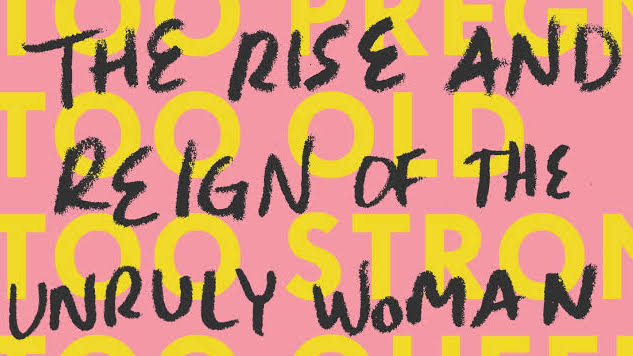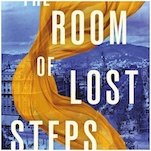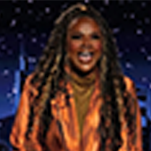Anne Helen Petersen’s Too Fat, Too Slutty, Too Loud Examines the Sexist Paradox Facing “Unruly Women”

For those tuned into the pop culture zeitgeist, the past few years have been confusing ones in regards to women and their place in society. On one hand, strong women are speaking out like never before, sexism is being rejected by many and Hillary Clinton’s historic presidential campaign put women closer than ever to the most powerful office in the country. At the same time, state and federal governments are moving to restrict access to reproductive care, sexism remains prevalent and Donald Trump is president. It’s disorienting, to say the least. BuzzFeed culture writer Anne Helen Petersen doesn’t necessarily solve this paradox in her new book, Too Fat, Too Slutty, Too Loud: The Rise and Reign of the Unruly Woman, but she does offer context for the current dichotomy between women’s increased visibility and the continued sexist pushback.
Structured as essays about women who embody a particular manifestation of “unruliness,” Petersen’s book examines what it means for women to push against—and in many instances destroy—boundaries imposed on them by society. Petersen defines “unruliness” as any facet of a woman’s life that can be perceived as “too much,” and an unruly woman doesn’t shy away from her unwillingness to conform. This includes Serena Williams (too strong), Caitlyn Jenner (too queer), Kim Kardashian (too pregnant), Hillary Clinton (too shrill), Nicki Minaj (too slutty) and others. Each woman intersects with other “too” categories; for example, Minaj is both outspoken and sexual, while Kim Kardashian’s difficult pregnancy and her highly public persona combined to make her too much of, well, everything society finds distasteful in mothers.
 Petersen has compiled exhaustive notes on each of the women she profiles, pulling from interviews, tabloids, cable news and the Internet. Each essay delivers a tight weave of smart criticism, cultural history and biography, held together by Petersen’s own critical analysis. Each piece stands alone, but when taken together, they form a fascinating—and infuriating—look at the public gaze’s double standards and unreasonable demands on women’s bodies and personalities.
Petersen has compiled exhaustive notes on each of the women she profiles, pulling from interviews, tabloids, cable news and the Internet. Each essay delivers a tight weave of smart criticism, cultural history and biography, held together by Petersen’s own critical analysis. Each piece stands alone, but when taken together, they form a fascinating—and infuriating—look at the public gaze’s double standards and unreasonable demands on women’s bodies and personalities.
-

-

-

-

-

-

-

-

-

-

-

-

-

-

-

-

-

-

-

-

-

-

-

-

-

-

-

-

-

-

-

-

-

-

-

-

-

-

-

-








































